Onions are a popular vegetable that contribute to the flavor of many dishes. But these vegetables can also attract other creatures. Unfortunately, some animals love to eat onions too! If you grow onions in your garden, it’s important to understand what animals eat onions and how to protect them from getting eaten by unwanted critters. In this article, we’ll answer frequently asked questions about animals that eat onions in the garden, as well as provide useful tips on how to protect your onion harvest.
Thrips
Thrips are a type of tiny insect that can wreak havoc on your onion plants. They feed on the leaves, stems, and bulbs of the plant, leaving behind white streaks or specks.
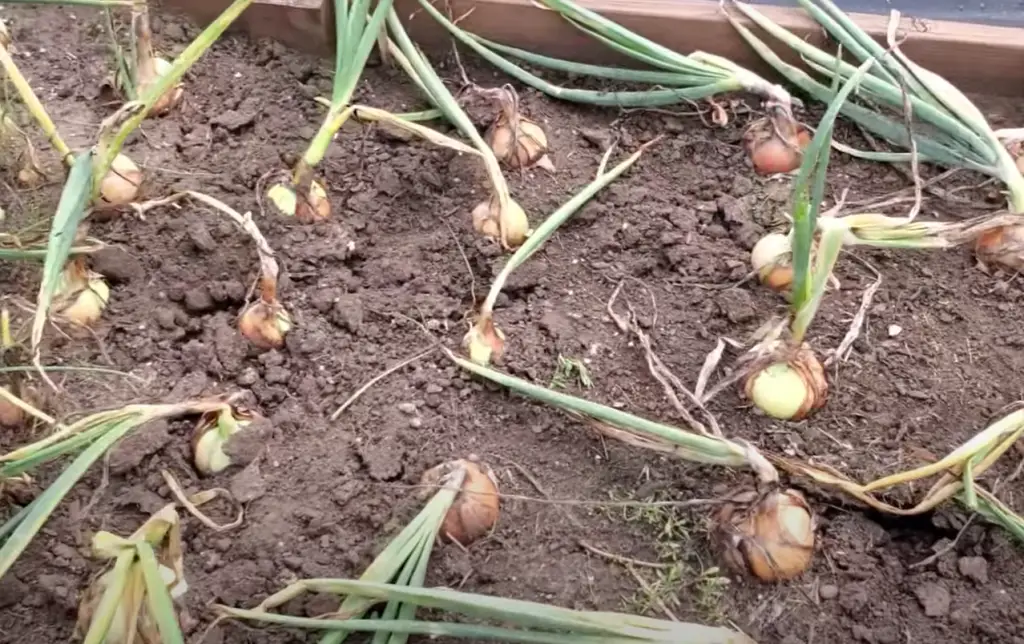
Thrips can also transmit viruses that cause deformities in the onions. To protect your onions from thrips, remove any weeds around your garden and use insecticidal soap or neem oil to kill the pests.[1]
Onion Maggots
One of the most common animals that eat onions are onion maggots. These pests will ruin your onion harvest if left unchecked.
They lay their eggs at the base of the plant, which then hatch into larvae. The larvae burrow down into the soil and feed on the onion roots. To protect your onions from these pests, it’s important to check your garden regularly for signs of infestation and take steps to remove them if necessary.Cutworms
Cutworms are a type of caterpillar that can cause significant damage to your onion plants. They eat through the stem near the soil level, causing the plant to wilt and die. It’s important to keep an eye out for cutworm activity in your garden, as they can quickly decimate a crop of onions. Fortunately, there are some steps you can take to protect your onions from cutworms.
Chickens
One of the most common animals that eat onions are chickens. Not only do they enjoy the taste of this vegetable, but it’s also a great source of nutrients for them. Chickens especially love to peck at young and immature onions, which can cause damage to the plant. To protect your onion plants from chickens, you should consider building a fence around your garden to keep them away. Additionally, you should remove any fallen onions from the ground so that chickens won’t be tempted to eat them.[1]
Leafminers
Leafminers are small insects that feed on plants, including onions. They create tunnels or mines in the leaves and stems of the plant, which can weaken the plant and reduce its yield. Leafminers are hard to spot because they usually stay hidden inside the leaves. To protect your onion crop from leafminers, you should check your onions regularly for signs of infestation. If you find any, remove the affected plants and dispose of them far away from your garden.
Onion Flies
Onion flies are the most common pest of onions. They lay their eggs in the soil around your onion plants, and when their larvae hatch, they feed on the foliage and roots of your onion plants. Onion flies can cause significant damage to your onion crop if left unchecked. Fortunately, there are a few simple steps you can take to protect your onions from these pesky pests.[1]
Rats & Mice
Rats and mice are two common animals that love onions. They will seek out your onion patch and nibble away at them, leaving them with barely a trace of their original shape. Luckily, there are a few ways to protect your onion from rodent damage. First, you should be sure to keep the area around your onion patch tidy as rats and mice are attracted to clutter and debris. You can also use bait traps or sonic repellents to keep these animals away from your onions.
Snails and Slugs
Snails and slugs are some of the most common critters that will munch on onions in your garden. They often feed at night, so you won’t even notice their presence until it’s too late. If your onion plants look like they have been munched on during the day, then snails and slugs are likely to blame.
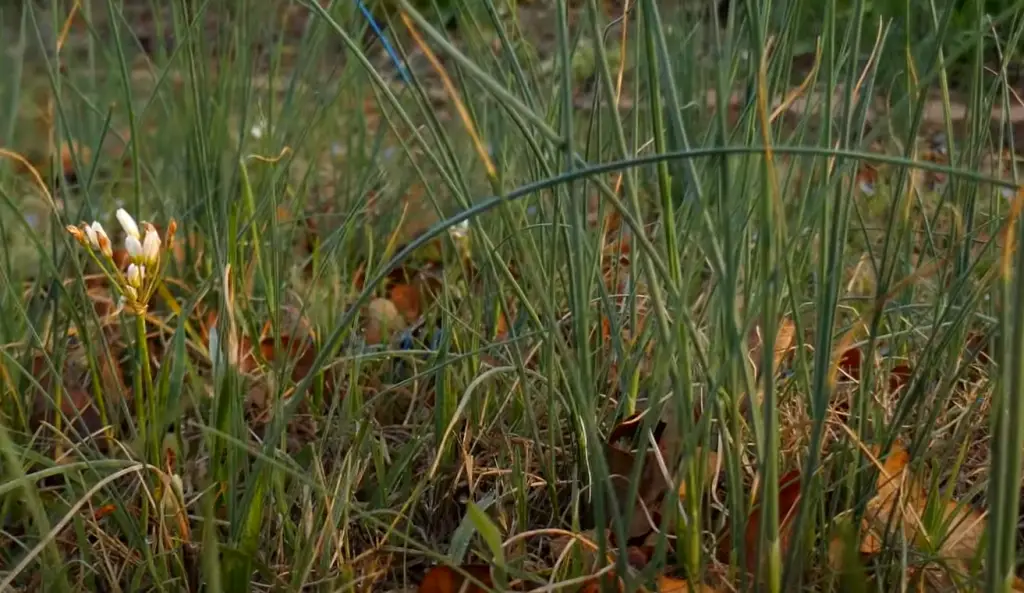
The best way to protect your onions from snails and slugs is to create a barrier around them. You can use copper tape or wire mesh to keep these pests away from your onion plants. Additionally, you can also set out beer traps or eggshells that have been crushed up in order to deter the snails and slugs from getting near your onions.[1]
Grasshoppers
Grasshoppers are a type of insect that feed on a variety of plants, including onions. They often jump from plant to plant in search of food and can quickly strip an onion patch bare if left unchecked. To keep grasshoppers away from your garden, try planting mint or tansy near the onions as these plants are known to repel grasshoppers. You can also consider using floating row covers to block grasshoppers from accessing your onions.[3]
Roundworms
Roundworms are attracted to onion beds because they provide an ideal habitat for them. The moist soil in an onion bed is the perfect place for roundworms to lay their eggs. Once hatched, these worms will feed on the onions, leaving behind unsightly holes in the bulbs and stalks. In order to prevent this from happening, you should regularly till your onion beds to disrupt the life cycle of these worms. You can also apply a light dusting of diatomaceous earth around the onions, which will help keep roundworms away.[3]
Owlet Moths
Owlet moths are among the most common animals that eat onions. These small, nocturnal moths feed on onion leaves and stems, causing significant damage to the plant. The larvae of owlet moth species such as the turnip moth (Agrotis segetum) and carrot rust fly (Psila rosae) are especially fond of onions.
To protect your onion crop from owlet moths, place floating row covers over the plants during the early stages of growth. This will prevent the adult moths from laying eggs on the leaves and stems. Additionally, you can spray insecticides containing Bacillus thuringiensis (BT) on the plants to stop larvae from feeding on them.
Deers
Deers are a common garden pest that will munch on your onions if given the chance. To keep deers away from your onion patch, it’s best to use physical barriers such as fencing, netting, or even thorny plants like roses around the perimeter of your garden. You can also install motion-sensing lights in and around your garden to deter these creatures from entering the area.
Birds
Birds such as ducks, geese, and chickens are all known to eat onions. Because of their sharp beaks, they can easily pick apart the onion leaves and consume the juicy bulbs. In order to protect your onion crop from birds, you can erect a fence or cover the area with bird netting. Alternatively, you can create a scarecrow-like object to deter the birds from eating your onions.
Moles and Voles
Moles and voles are two animals that can cause destruction to your garden, specifically when it comes to onions. They love digging through soil in search of their favorite treat – onions! Fortunately, there are a few ways you can deter moles and voles from eating your onions. First, make sure the area around your onion patch is free from rodents by regularly mowing the lawn and removing any debris that could provide cover.
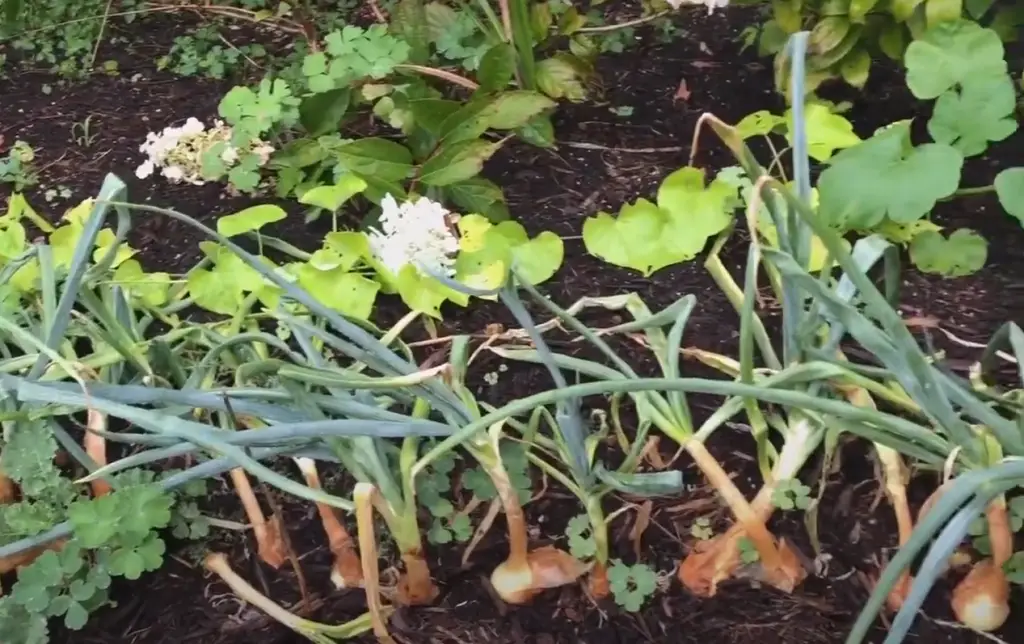
Second, spread deterrents like crushed eggshells, strong-smelling soap, or cayenne pepper around the patch to discourage them from entering your area. Additionally, place hardware cloth or chicken wire around your garden bed as an extra defense against these critters.[3]
Groundhogs
Groundhogs, also known as woodchucks, are one of the most common animals that eat onions in gardens. These critters love to nibble on onions and can quickly decimate a crop if left unchecked. As groundhogs have sharp claws and burrow underground, they can often be difficult to keep out of your garden.[2]
Squirrels
Squirrels are one of the most common animals that will happily munch on onions.
Fortunately, there are several methods for deterring squirrels from eating your onions, such as sprinkling pepper or cayenne powder around the plants, spraying them with a mixture of water and chili powder, or creating a barrier around the plants with chicken wire.Rabbits
Another common garden pest that loves to munch on onions is rabbits. Like squirrels, there are several methods for deterring rabbits from eating your onions. These include using repellents such as coyote urine, garlic or onion powder, or hot pepper spray. You can also build a fence around your plants to keep rabbits away.
Raccoons
Raccoons are notorious garden raiders and they love to eat onions. To keep them away from your onion plants, you can use motion activated sprinklers or lights that will scare them away when triggered. You can also build a fence around the plants using chicken wire or mesh, as raccoons are good climbers and jumpers so make sure the fence is tall enough.[2]
Dogs
Dogs may also be tempted to chow down on onions in the garden. To keep them away, make sure your garden is fenced off and that you don’t leave any onions lying around where your dog can get access to them. You should also pick up any onions that fall off of the plants as soon as possible so that they are not eaten by your pet.[2]
Cats
Cats love to explore gardens and may also get tempted by the onions.
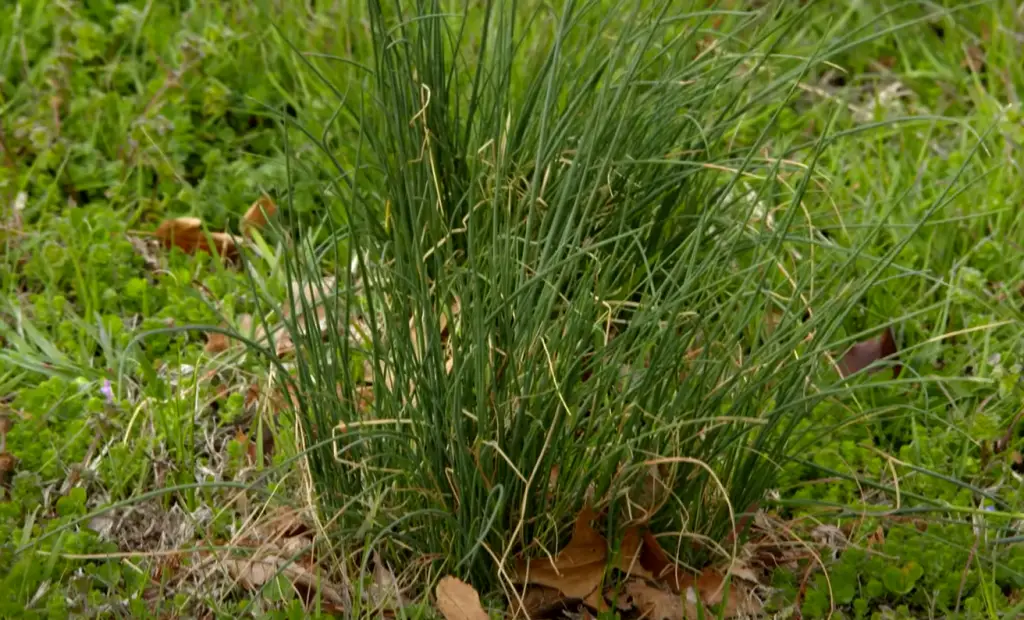
To keep them away, you can use special repellents such as citrus peels or cayenne pepper, or create a barrier around the plants with chicken wire. You can also try using motion activated sprinklers to scare cats away if they wander into your garden.[2]
FAQ
Why can’t animals eat onions?
Onions contain a compound called thiosulfate, which can be toxic to animals if consumed in large quantities. Therefore, it’s best to keep onions away from pets and other animals that may be tempted to eat them.
Can rats eat onion?
Yes, rats can eat onions but they should only be fed sparingly as part of a balanced diet. Onions contain thiosulfate, which can be toxic to animals if consumed in large quantities, so it’s best to limit the amount your rat consumes.
Do rabbits eat onions?
While it is true that rabbits can consume onions, it is crucial to do so in moderation as part of a well-balanced diet.
Therefore, it is important to limit the amount of onions your rabbit consumes, ensuring their health and well-being.Do any animals eat onions?
Yes, some animals such as deers, birds, moles and voles, groundhogs, squirrels, rabbits, raccoons and dogs have been known to eat onions in gardens. It is important to note that onions contain a compound called thiosulfate which can be toxic if consumed in large quantities so it’s best to keep your animals away from the onions.
Do chickens eat onions?
Yes, chickens can eat onions, but it is important to do so in moderation as part of a balanced diet. Onions contain thiosulfate which can be toxic if consumed in large quantities, so it’s best to limit the amount of onions your chicken eats. Additionally, make sure to remove any onion skins or husks that fall off the plants as these can be choking hazards.
Can goats eat onions?
While goats can consume onions, it’s crucial to do so in moderation as part of a well-rounded and nutritious diet. Onions can be toxic when consumed excessively, so it’s important to ensure your goat’s diet includes a diverse range of plants and vegetables.
Can ducks eat onions?
While it is possible for ducks to consume onions, it is crucial to exercise moderation and include them as part of a well-rounded diet. Onions contain a compound known as thiosulfate, which can be harmful if ingested excessively. Therefore, it is advisable to limit the quantity of onions that your duck consumes to ensure its well-being.
Useful Video: How to plant onions (and deter animals!)
Conclusion
Animals such as deers, birds, moles and voles, groundhogs, squirrels, rabbits, raccoons and dogs have all been known to eat onions in gardens. To reduce the risk of your onion crop being eaten by these animals it is important to practice preventive measures such as regularly mowing the lawn and removing potential hiding spots for critters, using repellents or deterrents, and creating physical barriers such as fences. Additionally, it is important to ensure your animals have access to a well-balanced diet that includes a variety of vegetables and other plants. With the right preventative measures in place, you can protect your onion crop from being eaten by animals.
References:
- https://www.fallsgarden.com/animals-that-eat-onions/
- https://animalpeek.com/what-animals-eat-onions-21-animals-that-eat-onions/
- https://readytodiy.com/do-animals-eat-onion-plants-0051/





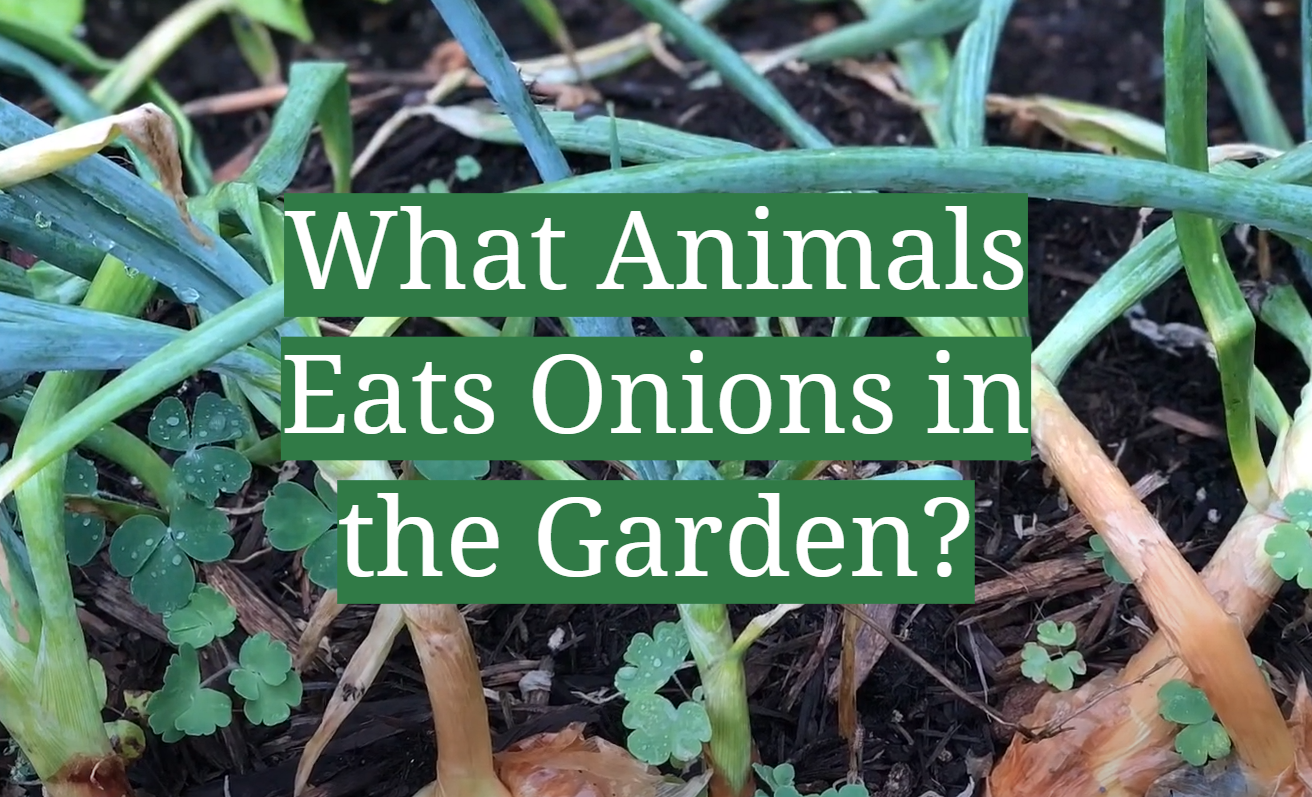
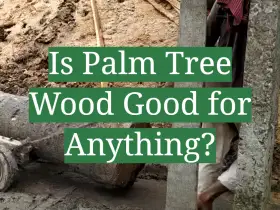
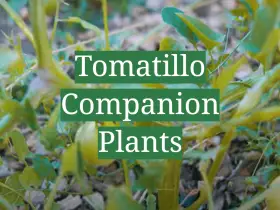
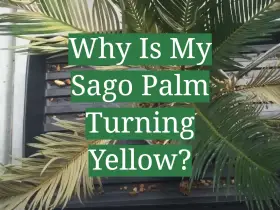
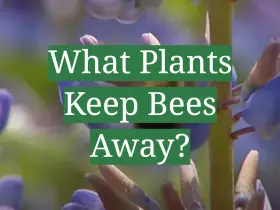
Leave a Reply
View Comments